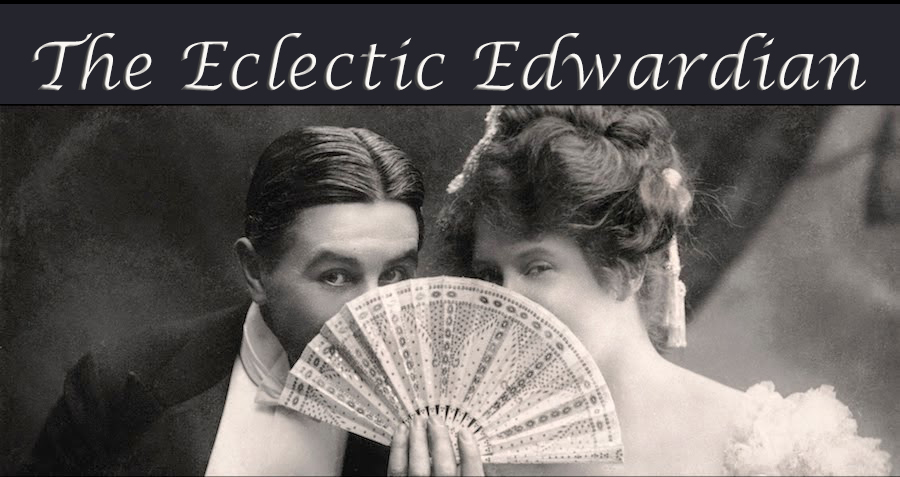When a novel is set in a seaside town it gives such a colourful setting. Add a little history to that mix and you have the gift of nostalgia too. Old postcards. Punch and Judy tents. Donkey rides upon the beach, and - in my case - the Brighton Pier, the aquarium, the Pavilion, the pubs and the shops in the narrow Lanes; all bustling and full of life.
Many Edwardian employees had around two weeks annual holiday. There were cheap train excursions to seaside towns. From London to Brighton in 53 minutes, and there to enter a different world with pier shows, with clowns and minstrels, and many other amusements too.
The seaside towns were liberating. A chance to dress up in your finest clothes, to become something fresh and new again; well away from the grime and daily grind of working lives in many towns. Those retired and better-off might also go during the winter months to take the health-enhancing air. But, the mainstay for the tourist trade was in the summer visitors - when whole families might book themselves into boarding houses or hotels, with varying degrees of luxury. Young men would travel down alone, or else along with packs of friends, heading out after breakfast every day to look for some excitement. And, due to raunchy behaviour upsetting the local residents some seaside resorts banned Sunday trains in the hope of preserving a small degree of gentility on the sabbath days.
The following is an extract, taken from Punch magazine ...
Saturday and Monday, and every working day in the summer week, Bournemouth is blithe and gay. Steamers are running hither and thither, wagonettes, coaches, gardens with music, excellent bands on (the) well-appointed pier, concerts, donkey-riding, al fesco refreshments ... in fact, everything that is considered by the majority as constituting 'appy 'oliday is to be found at its best ... But every Saturday night, long before the stroke of twelve, bands, lights, cocoa-nuts... and people that make life quite impossible, vanish, as if by magic, not to be heard of or seen again till Monday morning...
For a related post, you might like to see: FILM OF MORECAMBE SEAFRONT, 1901





No comments:
Post a Comment